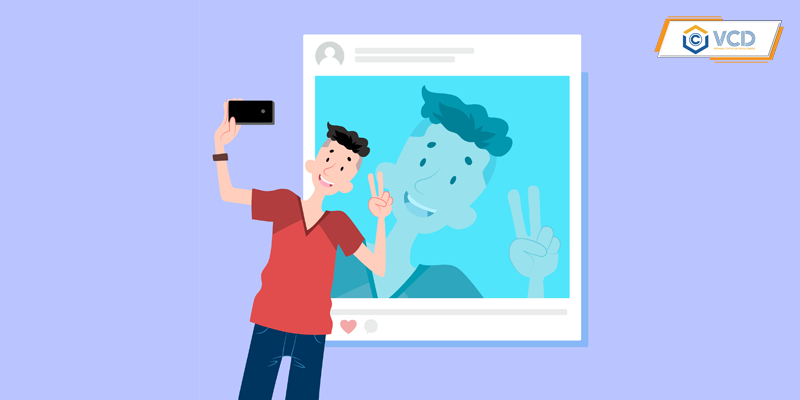Are personal images copyrighted?
From a legal perspective, many people are often confused about whether personal images are protected by copyright under the Law on Intellectual Property in Vietnam. This confusion largely stems from the lack of clear distinction between personal rights and intellectual property rights. So, are personal images protected by copyright? Please follow the article of VCD below.
1. Legal provisions on copyrighted works?
Copyright, also known as author’s rights, is the legal right to protect human creative works in fields such as literature, art and science. Protected works include literary works such as books, poems, stories, works of art, musical works, logos, scientific works, computer programs, etc. Copyright ensures that the creator of the work has the right to control, manage, own the use, distribution, etc. of the work and benefit from the fruits of his or her intellectual labor.
According to the provisions of the current Law on Intellectual Property, Article 18 stipulates: copyright includes personal rights and property rights. Personal rights include rights attached to the individual author related to the honor and reputation of the author and are non-transferable. Meanwhile, property rights are transferable rights that allow the author to exploit the economic value of his or her own work such as: copying, distributing, the right to make derivative works, etc. Property rights that can be transferred or inherited play an important role in exploiting the economic benefits of the work.
Therefore, it can be seen that copyright only applies to original creative works and belongs to one of the types prescribed by the Law on Intellectual Property. Therefore, the Law on Intellectual Property only protects works that express personal creativity and have certain artistic, scientific, and literary values. These creations must be expressed in a certain material form.

2. Are personal images protected by copyright?
Personal images are not creative works of artistic or scientific nature like works of the type protected under the provisions of the current Law on Intellectual Property. A portrait or everyday image of an individual is not considered an original, unique, and non-artistic product in the sense that the Law on Intellectual Property requires protection.
Personal images are mainly related to the personal rights and privacy of individuals, not related to the creative or commercialization process. However, it should be noted that the personal rights here are not the personal rights of the author.
While copyrighted works are often for commercial purposes, exploiting economic value or protecting the author’s rights, personal images are mainly protected to ensure that the individual has the right to control how his or her image is used.
Article 32 of the 2015 Civil Code (No. 91/2015/QH13) clearly stipulates the rights of individuals to their own image. Specifically, individuals have full rights to their own image; any party wishing to use this image must have that person’s consent. In particular, if the image is used for commercial purposes, the user must pay remuneration to the owner of the image, unless otherwise agreed.
This regulation aims to protect the personal rights of each individual, ensuring that their image is not abused or misused, causing damage to their honor and reputation. This helps prevent abusive behaviors, such as using images for commercial purposes without permission, or distorting or falsifying images to affect individuals.
When the use of images violates the law, individuals have the right to request the Court to intervene, request the withdrawal, destruction or termination of the use of the image, as well as compensation for damages according to the provisions of law.
Personal image is not only a personal right but also one of the basic personal data protected by many different legal documents. In particular, Decree No. 13/2023/ND-CP on personal data protection, effective from July 2023, has identified personal images as a type of protected data.
While the Intellectual Property Law protects creative works, allowing authors to commercially exploit and benefit economically from their intellectual products, the right to personal image focuses on protecting the personal rights, privacy and dignity of individuals. The goal is not to exploit the commercial value of images, but to protect the right of individuals to decide how to use their images, preventing abuse that could damage their honor or reputation.
Therefore, the right to personal image is often confused with the personal rights in copyright or authorship, but in fact, despite many similarities, these two concepts still have important differences that cannot be identified.
In fact, personal images are not protected by copyright, because copyright only applies to creative works of artistic, literary and scientific nature. Instead, personal images are protected under the provisions of the Civil Code and related laws, to ensure personal rights and protect the privacy of individuals. This provision helps prevent the abuse of personal images and protect the honor and reputation of each individual in society.
Above is the article “Are personal images copyrighted?” that VCD sends to you. We hope this article is useful to you.
Sincerely,
